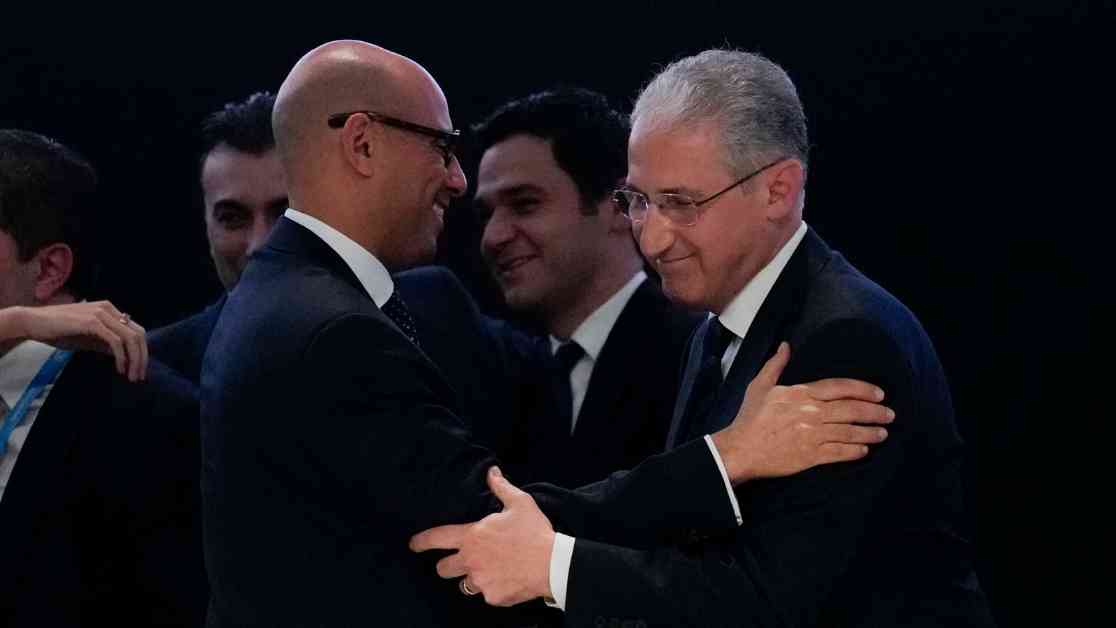The COP29 climate talks recently concluded in Baku with a crucial agreement on funding for developing countries. The negotiations were intense, with several countries storming out of the room in frustration at one point. Ultimately, a significant deal was reached, requiring richer polluting nations to generate $300 billion annually by 2035 to support poorer nations in addressing and adapting to climate change.
While this amount falls short of the $1.3 trillion estimated to be necessary, it was considered a starting point. Countries like Uganda, which initially sought $500 billion, had to compromise due to the urgent need for action. The negotiations extended beyond the scheduled time, highlighting the complexity of the discussions and the challenges faced by all parties involved.
The funding agreement was met with mixed reactions, with some calling it an “insult” and others acknowledging it as a positive step forward. The urgency of addressing climate change was emphasized by UN climate chief Simon Stiell, who described the finance goal as an “insurance policy for humanity.” Despite the agreement, there is recognition that much work remains to be done to combat climate change effectively.
The talks were further complicated by the impending presidency of climate denier Donald Trump, as well as disagreements over how to transition away from fossil fuels. Developing countries expressed frustration at being disproportionately affected by climate change while having limited resources to address it. The negotiations also highlighted the ongoing struggle between oil and gas producing countries and those advocating for stricter reductions in emissions.
One of the key outcomes of COP29 was the agreement on carbon markets, allowing countries to trade emissions cuts. This development, a decade in the making, was seen as a significant step towards combating climate change. While the negotiations did not satisfy all parties involved, there was a general consensus that progress had been made.
The UK’s energy secretary, Ed Miliband, acknowledged that the deal was not perfect but emphasized its importance in driving the clean energy transition. He described it as a critical step forward in addressing the climate crisis and promoting economic growth. The agreement signaled a commitment to clean energy and the potential for private investment in sustainable practices.
Overall, the COP29 negotiations highlighted the complexities and challenges of addressing climate change on a global scale. While the funding agreement and other deals reached during the talks represent progress, there is a recognition that much more needs to be done to mitigate the impacts of climate change and secure a sustainable future for all.










